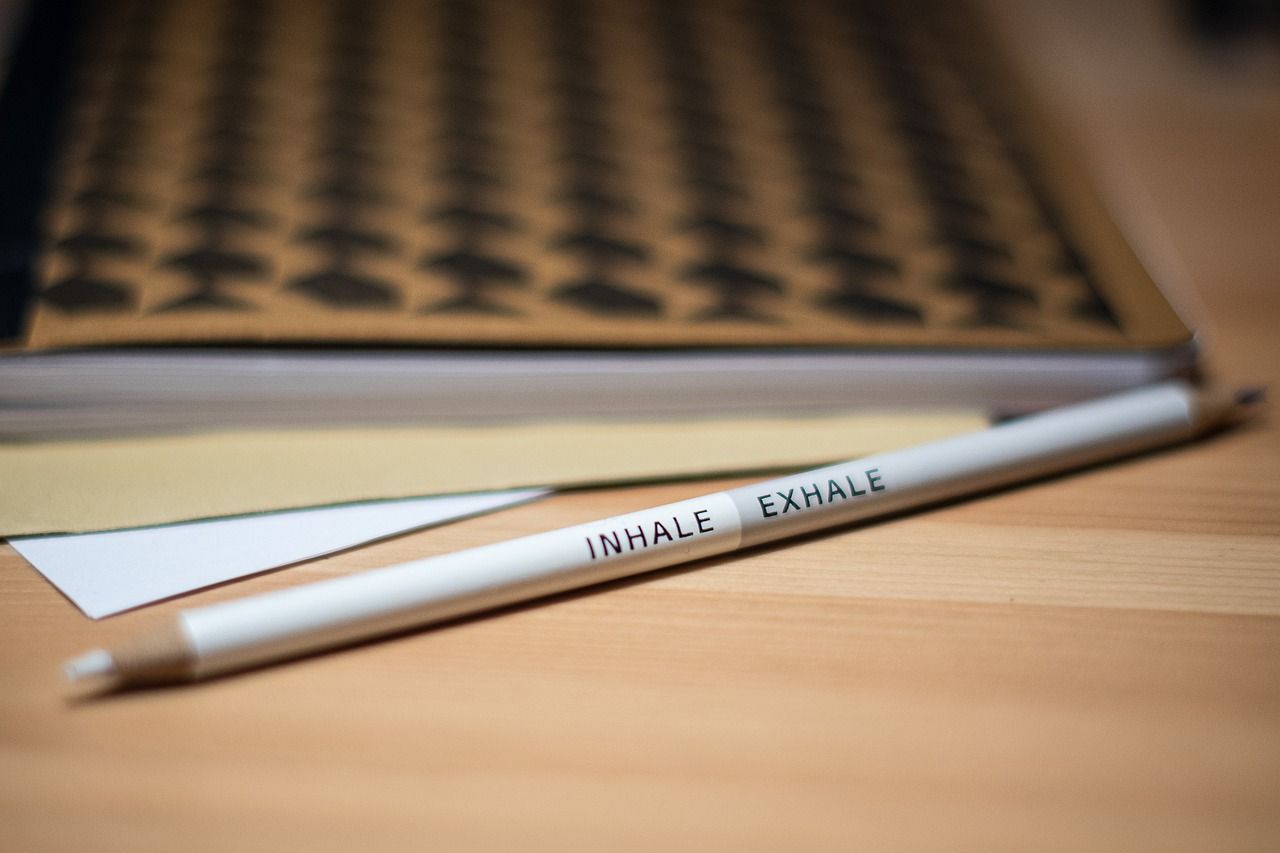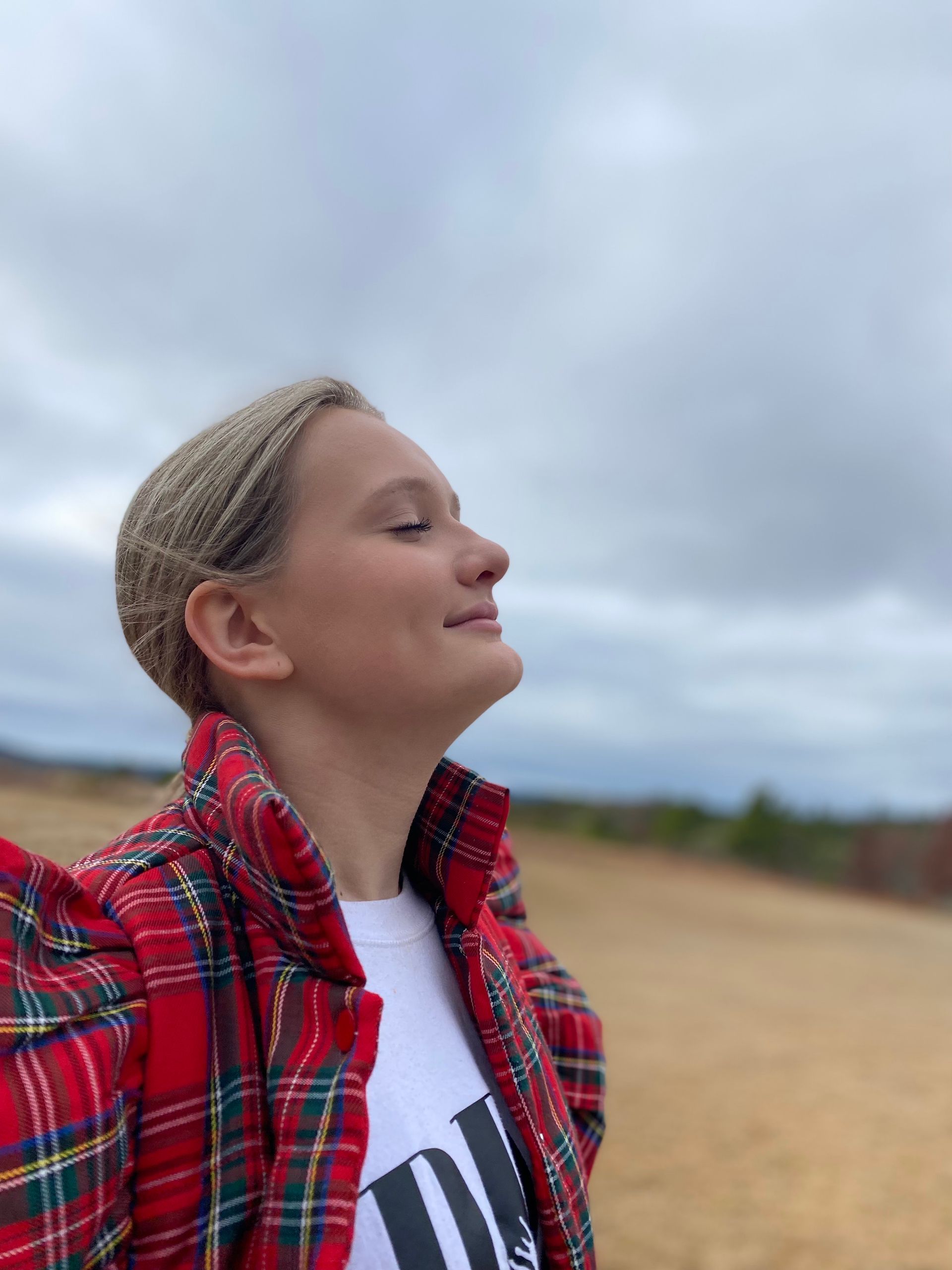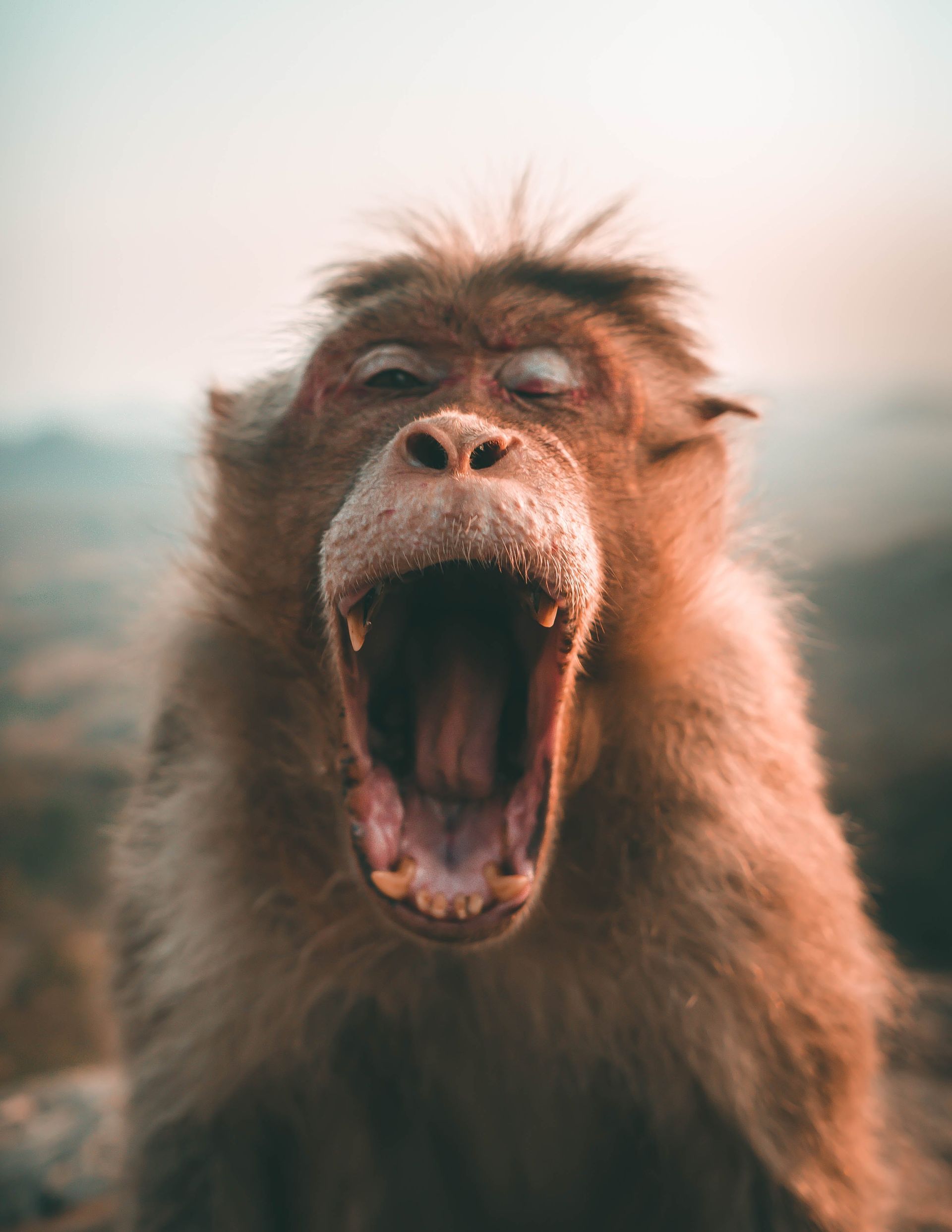Back to Basics: Breathing
Breathing is something we do throughout our lives, about 12 to 20 times every minute, or 17,000 to 30,000 times or more a day! So why should we pay attention to something that is so basic and natural, something that our body knows how to do already?
Interestingly, people have recognized the importance of breathing since ancient times. The Chinese call the energy of breath qi (pronounced "chee"). The Sanskrit word for life breath is prana and pranayama, or "controlled breathing", is a type of yoga practice.
While this interest in breathing has historical roots, more recently, scientists have been discovering how breathing affects our bodies. (See second link in the References and Resources section below, to the Smithsonian Magazine.) Surprisingly, the actual brain mechanism that controls the diaphragm and breathing is still not 100% understood, nor what controls respiratory rhythm. Scientists will undoubtedly find more answers with time.
In the meantime, a quick internet search came up with benefits to deep breathing such as these (besides keeping us alive!):
- emotional mindfulness
- reduced anxiety
- decreased pain
- better memory
- lower blood pressure
- lower heart rate
- reduced side stitches (side pains when exercising)
- improved mental and emotional health
- improved circulation
Our lungs contain about 500 million tiny sacs called alveoli. It is in the walls of these alveoli that oxygen moves from inhaled air to our blood and that carbon dioxide, a waste gas, moves from our blood to the lungs and is exhaled. This gas exchange is essential to our lives.
How fast and how deeply we breathe is associated with various factors: our feelings, our surroundings, our mental state, etc. If we are frightened, tense, or stressed, for example, our sympathetic nervous system kicks in and our bodies accelerate our adrenal glands and cortisol levels, amongst other reactions, in a "flight or fight" mode. In this type of situation, our breathing tends to be faster and more shallow.
In contrast, the parasympathetic nervous system promotes a state of calmness, giving us a relaxing effect. Controlled breathing, also referred to as belly breathing or abdominal breathing, is associated with stimulating the parasympathetic nervous system. Controlled breathing involves a deep, slow intake of air that expands the diaphragm downwards and draws air deep into the lungs, pushing the belly out as the lungs fill with air, followed by a long, controlled breath out as the diaphragm muscle relaxes and air blows out.

"Breathe in the good, breathe out the bad"
It is recommended to take long, deep breaths from time to time, as needed or as part of a breathing program, and here are some guidelines (consult with your doctor before starting such a program, especially if you have asthma, a lung, or heart condition):
- Find a comfortable position, lying down if possible. Place a hand on your belly. It should rise (extend) as you take a big breath and fall (retract) as you let air out slowly, over a period of several seconds.
- Breathe in through your nose and out through your mouth.
- Let your shoulder and neck relax with the movement in your abdomen.
- Repeat
When is it best to consciously breathe deeply?
People have found that it helps in these types of situations:
- When feeling worried, stressed, or anxious -- counting slowly while breathing and concentrating on breathing for a minute or two can also help.
- Before an important meeting, when feeling stage fright coming on, when you know you'll be in a stress situation, before starting an exam or participating in an athletic event, etc.
- When having difficulty sleeping -- breathing deeply doesn't necessarily prevent insomnia, but it might help with relaxing the body so that it's more ready to fall sleep.
- To calm children down, for example during "time out" or as part of the bedtime routine.
- To enjoy a happy moment -- breathe for enjoyment!
Sometimes, simply paying attention to our breathing causes most people to slow it down and deepen it, which can result in positive effects. A good place to start is to actively breathe out completely and then allowing your lungs to refill themselves naturally (refilling through the nose if possible).
As with everything, don't overdo it -- moderation is best, and always use your good sense. If you have trouble breathing, call 9-1-1.
Did you know that scientists have found that yawning cools the brain? They have observed that animals with bigger brains yawn longer! A group of scientists observed 1,291 yawns across 55 mammal species and 46 bird species. Amongst their conclusions, they found that a typical mouse yawns for 0.8 seconds on average and that a human's yawn lasts for about 6.5 seconds.
References and Resources;
- Scientific American on how proper breathing brings better health - https://www.scientificamerican.com/article/proper-breathing-brings-better-health/
- Smithsonian Magazine on how breathing affects the brain - https://www.smithsonianmag.com/science-nature/how-does-breathing-affect-your-brain-180980950/
- Mayo Clinic on breathing tips for kids - https://www.mayoclinichealthsystem.org/hometown-health/speaking-of-health/tips-to-help-children-relax
- NPR on study re breathing as an additive intervention for high blood pressure - https://www.npr.org/sections/health-shots/2022/09/20/1123500781/daily-breath-training-can-work-as-well-as-medicine-to-reduce-high-blood-pressure
- PBS Kids on breathing exercises and tips to help calm young children - https://www.pbs.org/parents/thrive/breathing-exercises-to-help-calm-young-children
- Canadian Broadcasting Corporation on breathing and meditation techniques - https://www.cbc.ca/life/wellness/from-fight-or-flight-to-rest-and-digest-how-to-reset-your-nervous-system-with-the-breath-1.4485695
- Western Australia Healthy WA on calming techniques - https://www.healthywa.wa.gov.au/Articles/A_E/Calming-techniques-breathing-training
- Wikipedia on prana - https://en.wikipedia.org/wiki/Prana
- Cleveland Clinic on pursed lip breathing - https://my.clevelandclinic.org/health/treatments/9443-pursed-lip-breathing
- Cleveland Clinic on diaphragmatic breathing - https://my.clevelandclinic.org/health/articles/9445-diaphragmatic-breathing
- Johns Hopkins University on breathing exercises for coronavirus recovery - https://www.hopkinsmedicine.org/health/conditions-and-diseases/coronavirus/coronavirus-recovery-breathing-exercises
- Northwestern Medicine on 4 breathing techniques - https://www.nm.org/healthbeat/healthy-tips/4-breathing-techniques-for-better-health
- Utrecht University on yawn study - https://www.uu.nl/en/news/the-longer-the-yawn-the-bigger-the-brain






